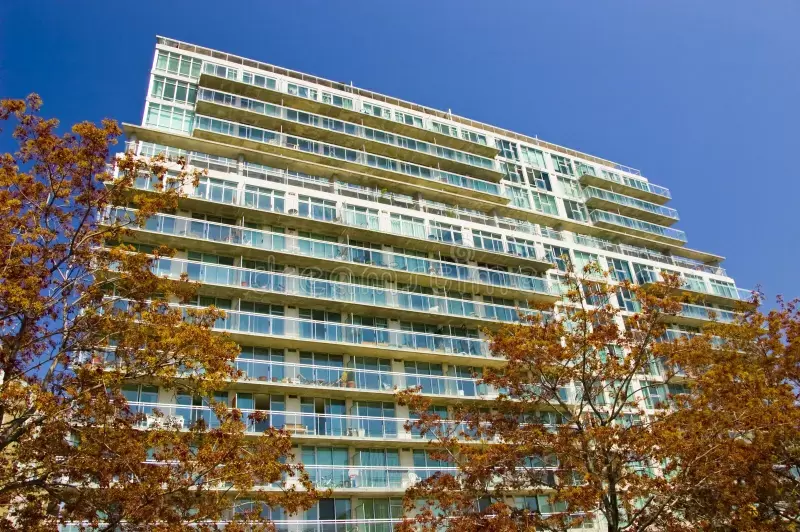It is such a headache especially to many condominium landlords, when warning letters are received from the condominium property management, resulted from the complaints of other residents of the condominium regarding noise disturbance emanating from their tenants’ units. Keep in mind that the Condominium Corporation can hold the condo owners liable if no effort to take necessary steps rectifying their tenants’ annoying and disruptive conducts. The rationale is that there is only a legal entity between the condo owner and the Condominium Corporation, but no legal entity between the condo tenant and the Condominium Corporation under this circumstance. As a result, the Condominium Corporation can only bring this matter to the Condominium Authority Tribunal (CAT), seeking for legal cost or/and indemnification cost or/and other related costs incurred in the violation of condo by-laws pertaining to noise disturbance, as well as asking for an order to rectify the problem. There was an article published on February 19, 2023 with the title of “Condo owner must also pay up for tenant’s disruptive behavior, tribunal says”.
My suggestion for the condominium landlords in this situation is to first notify and communicate this issue with the tenants in an attempt to correct their behavior. In case of a complete disregard of compliance by the tenant, the condominium landlord can commence a LTB procedure by giving a N5 notice to his/her tenant for annoying and disruptive behavior. By doing so, the condominium landlord can demonstrate to the Condominium Corporation that he/she is taking reasonable and necessary steps to address this issue, rather than ending up with more significant legal cost or/and related costs incurred, when the Condominium Corporation takes this matter in their hands directly to the Condominium Authority Tribunal.
Having considered that the condominium landlord can give a tenant notice of termination pursuant to s. 64(1) of the Residential Tenancies Act, 2006 (RTA), it is important to acknowledge that relationship between the condominium landlord and other residents of the condominium is quite different compared to other types of rental premise. As for the condominium, the resident of another unit, who complained about the noise disturbance emanating from the tenant’s unit, is not another tenant, especially if the condominium landlord would like to argue about the substantial interference with reasonable enjoyment of another tenant in accordance with s. 64(1) of RTA.
In order for this issue to fall within the jurisdiction of the Landlord and Tenant Board, the first or/and second N5 notice should be given based on the indemnification cost, i.e., lawyer’s fee for legal letter, already charged to the landlord or/and other costs incurred in the noise violation of condo by-laws or/and other governing documents. Then, the submission of L2 application can be dealt with LTB, because section 64 (1) of the Act concludes that it also applies to the substantial interference with the Landlord’s lawful right, interest and privilege when cost is already charged to the landlord for the breach.
Furthermore, It can also be considered as the substantial interference with the Landlord’s lawful right, interest and privilege, if there are strong wordings contained in the legal letter from the Condominium Corporation leading to the conclusion of a definite commencement of legal proceeding contingent upon the same recurring behavior next time, despite no legal proceeding brought against the landlords yet (TSL-14775-11 for reference). Exception occurs when the legal letter merely addresses that the Condominium Corporation may take legal action , if the landlord cannot stop it from happening again.
It is highly recommended that the condominium landlord to consult with the legal representative prior to any commencement of the LTB proceeding, because it can get a bit complicated under the condominium scenario, not to mention the relevant details it entails on the N5 notice as well as its voiding period.
Disclaimer: This information is not intended to be construed as a legal advice, but strictly for your information only. Please contact Trustworthy Legal Services for an independent legal advice in your particular situation. The first consultation is required prior to the retainer of your case.
Follow on Facebook, LinkedIn and Twitter.
Like or/Share this article if you find it is useful.


 RSS Feed
RSS Feed